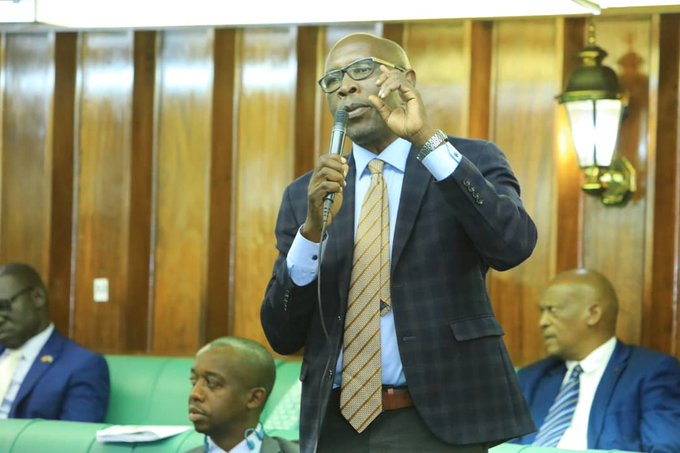Members of Parliament on the Parliament’s Health Committee have rejected a proposal by the Uganda Human Rights Commission (UHRC) to allow all women, regardless of fertility status, to access surrogacy services.
The committee argued that this would give “too much freedom” to women, potentially leading to cases where they contract others to carry their children to avoid bodily changes associated with pregnancy.
Leading the opposition to the proposal was Hon. Joseph Ruyonga, Chairperson of the Health Committee and a medical doctor. He warned that granting women unrestricted access to surrogacy could lead to its misuse, though citing no specific studies.
“Women these days don’t want to distort their figures. If I have my money, I can say, Let me have kids from this. They may end up abusing this because it is freely and willingly,” Ruyonga remarked during the debate on the Human-Assisted Reproductive Technology Bill, 2023.
Kwania District Woman MP Kenny Auma also voiced concerns, stating, “We have seen mothers who are capable of giving birth naturally, but they would wish to have other means of giving birth. A mother who is very healthy and has no record of any health risk shouldn’t be given an opportunity to use surrogacy.”
The Uganda Human Rights Commission, however, emphasized the need to regulate the surrogacy industry to prevent exploitation.
Ruth Ssekindi, Director of Monitoring and Inspection at UHRC, called for the creation of a national register to track sperm donors and a cap on the number of families a donor can assist.
“We anticipate companies hiring girls to become surrogate mothers. International surrogacy has emerged as an industry, unfortunately leading to exploitation and trafficking of women,” Ssekindi explained.
The bill was tabled in March 2024 by Hon. Sarah Opendi, and its aim was to regulate Uganda’s growing fertility industry, which currently lacks clear legislation.















